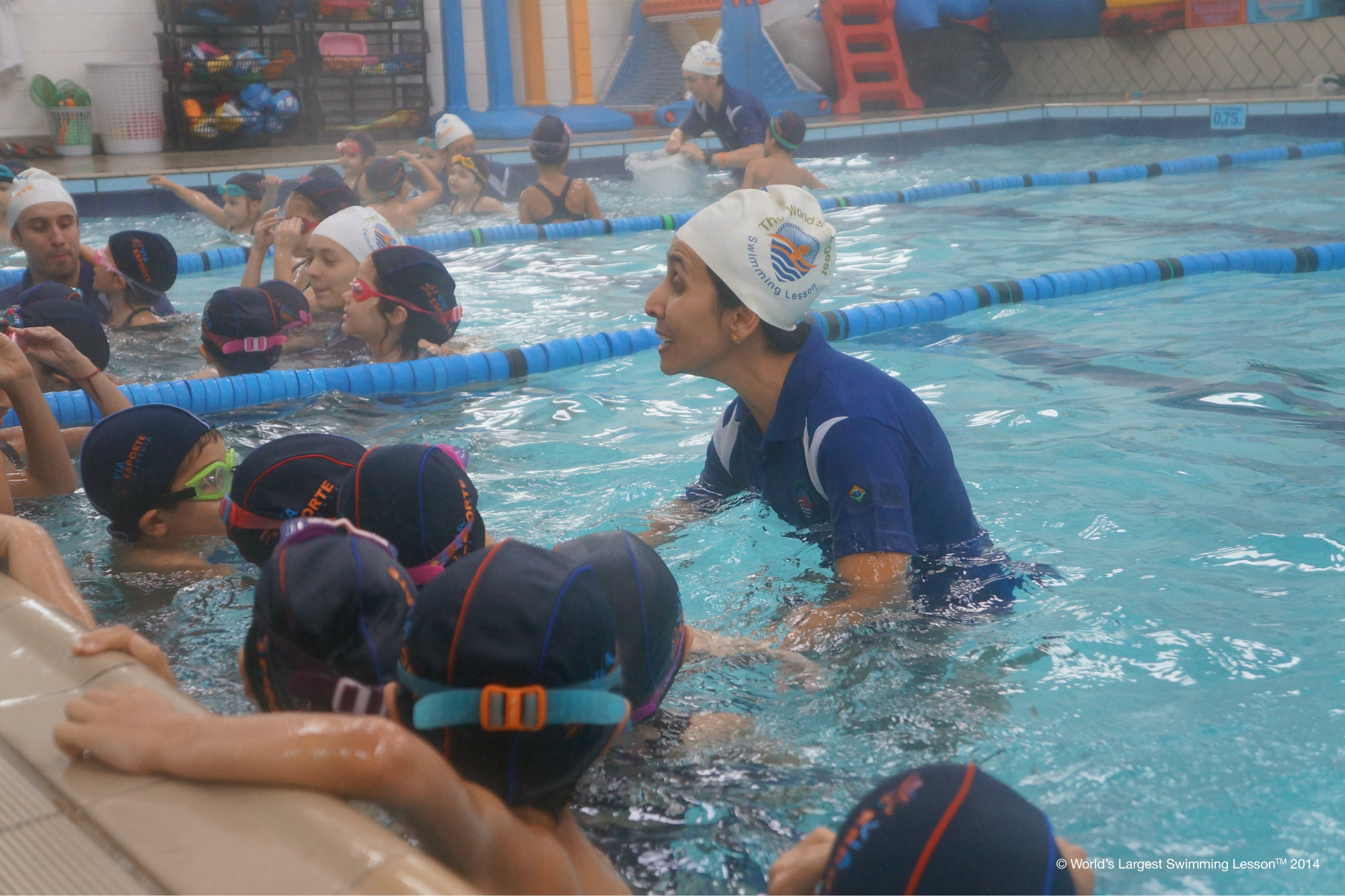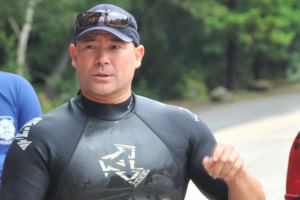For the second session in a row, the New Jersey state legislature is mulling the possibility of mandating water-safety education in schools from kindergarten through 12th grade.
Assembly Bill 362 would require districts to include this education in their health curricula. The instruction would have to cover proper use of floatation devices, the importance of swimming near a lifeguard, how to become aware of water conditions and the danger of rip currents and how to respond.
The bill was introduced mid-January and awaits a committee assignment. If passed, it would become effective immediately.
The bill’s primary author, Assemblyman Sean Kean of Monmouth and Ocean, introduced the same legislation in 2018 but it was left to stall. Other sponsors for this year’s legislation include Assemblywomen Nancy Munoz and Valerie Vainieri Huttle.
The bill cites statistics placing drowning as the fifth leading cause of accidental death. “While New Jersey students participate in drills for fire and active shooter crises, they do not receive instruction on what to do if you are drowning or see someone drowning,” the bill states.
Legislative sessions in New Jersey last two years. If A362 fails to pass in that time, it will expire.
This is at least the second state to introduce legislation to deliver water-safety education to youngsters. In Florida, House Bill 4245, by Clay Yarborough (R-Duval), would grant a $200,000 appropriation to the Florida Swimming Pool Association and its nonprofit foundation, Florida Swims, to help fund and expand childhood learn-to-swim programs in Broward, Hillsborough, Manatee, Miami-Dade, Pasco and Pinellas counties. If the bill passes, Florida Swims will work toward expanding the education statewide, beginning with the identification of existing programs that could potentially expand throughout the state or region and then issue them funds to expand.

